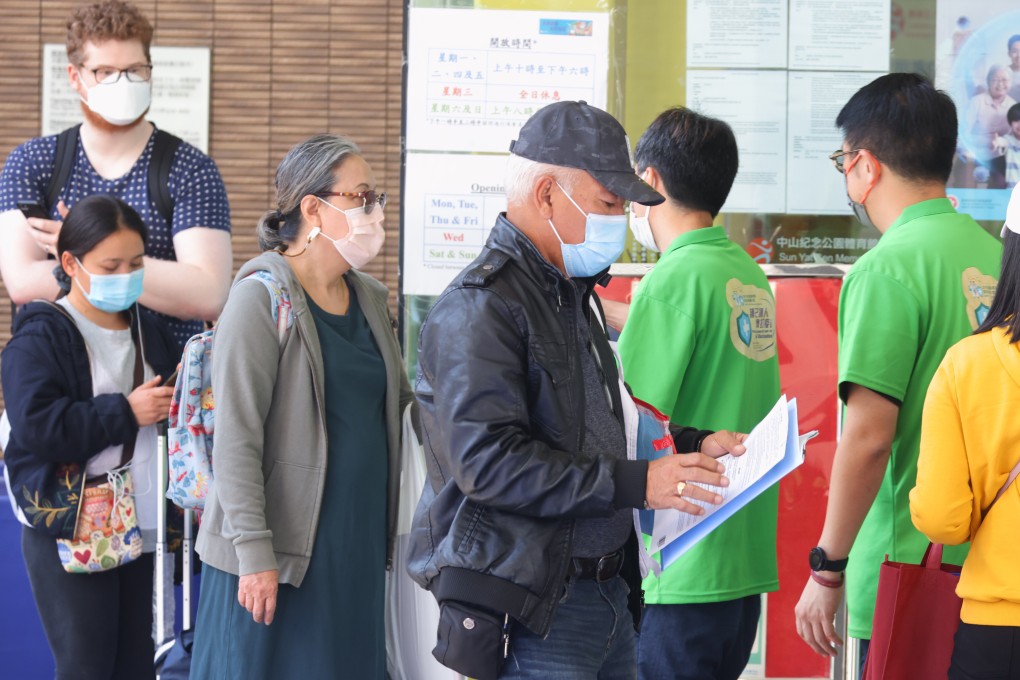Editorial | Treatments best hope as variants threaten a return to normal
- The vast majority of the drugs will not be realised, but those that gain the approval of regulators will substantially reduce the dangers

Hopes that vaccines would spell the end of the Covid-19 pandemic proved to be overly optimistic. New variants of the coronavirus such as the one from southern Africa that scientists worry could evade immunity, and a refusal by some people to get jabs, mean that almost two years after the disease emerged, it is far from being vanquished. Vaccination rates in poorer countries also remain low despite the pledges of wealthy governments to provide shots. But a game-changer may well be near with new treatments developed in China and elsewhere that ease symptoms and prevent serious illness.
Attaining herd immunity through vaccinating at least 70 per cent of the population was initially considered adequate to beat the pandemic. The prompt development and rolling out of a handful of vaccines with moderate to high rates of efficacy raised expectations. But their uneven global delivery, the quicker-than-expected falling off of antibody levels among those who had received jabs and hesitancy by a minority have ensured regular outbreaks. Concern means that China maintains a zero-tolerance approach to the coronavirus and a number of governments that have decided to live with the disease are struggling to find the right balance. The latest worrying variant, known as Omicron, has already been found in scores of people, among them two at a quarantine hotel in Hong Kong, prompting countries to restrict travel from southern Africa.
But there is light in the gloom with treatments that when combined with vaccines, hold out hope that the world can put the pandemic behind. China is in the forefront; among its breakthroughs is an experimental therapy named DXP-604 based on a full spectrum antibody isolated from the plasma of recovering sufferers that significantly reduces the viral load of patients and relieves symptoms such as shortness of breath and loss of smell and taste. Another, an antibody treatment and vaccine developed by a team led by a Tsinghua University professor, cut hospitalisation and deaths by 78 per cent in clinical trials and could be approved in weeks. Both are believed to be effective against all variants.
Also promising are drugs produced in pill form by the American companies Merck and Pfizer. People who experience symptoms are less likely to be sent to hospital, get seriously ill or die if they take a five-day course. Pills are inexpensive to produce and simple to administer, store and ship, making them ideal for global distribution.
